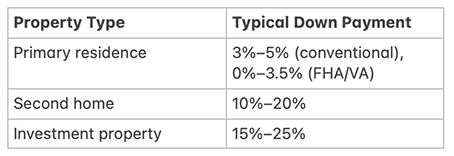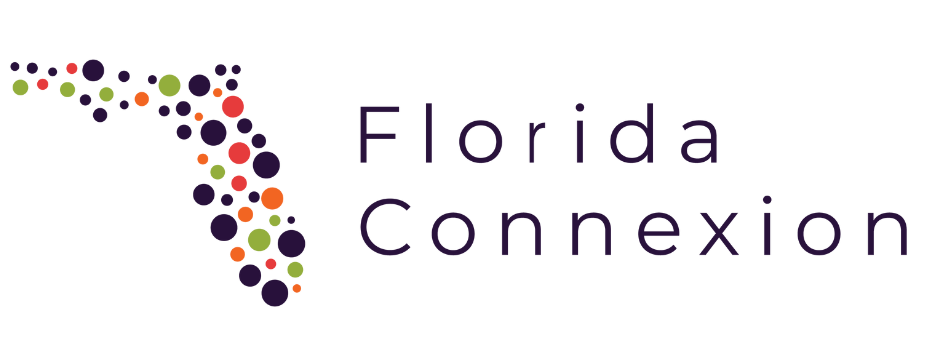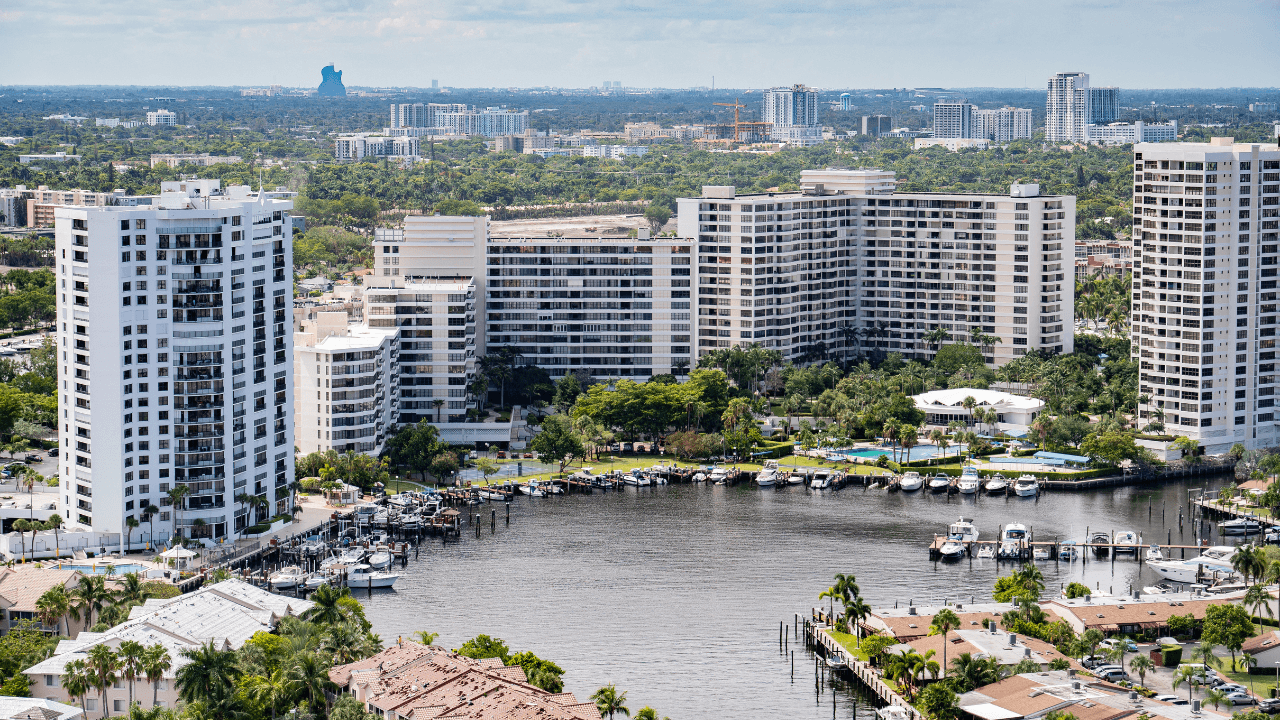How to navigate mortgages, down payments, and rate trends this year
Buying a home in Florida? Whether it’s your first house, a second property, or a vacation home, understanding your financing options is one of the most important parts of the process — and one of the most misunderstood.
Here’s a practical breakdown of what American buyers need to know about financing real estate in Florida in 2025.
1. Start With Pre-Approval

Getting pre-approved should be your first step. It gives you:
- A clear idea of your budget
- Leverage when making an offer
- Confidence when touring properties
Lenders will review your:
- Credit score
- Debt-to-income ratio
- Income and employment history
- Assets and down payment sources
Pro tip:
Florida has many local lenders who specialize in second homes, new construction, and coastal properties — ask your agent for recommendations.
2. Typical Down Payments in Florida
Down payments vary based on the loan type and property use:

Note:
Second homes and rentals usually require higher down payments and stricter qualifications.
3. What About Interest Rates in 2025?

While interest rates have fluctuated in recent years, many buyers are finding creative solutions:
- Buying points to lower long-term costs
- Adjustable-rate mortgages (ARMs) for short-term holds
- Rate buydowns from sellers or builders
If rates drop after you buy, refinancing later is always an option.
4. Loan Programs to Explore

Some common financing programs for Florida buyers include:
- Conventional Loans – Ideal for primary and second homes; competitive rates and terms
- FHA Loans – Lower credit requirements; 3.5% down; great for first-time buyers
- VA Loans – 0% down for qualified veterans and active military
- Jumbo Loans – For properties over $766,550 (as of 2025 in most counties)
Ask about local and county-level down payment assistance programs, especially if you’re a first-time buyer or educator.
5. Unique Florida Financing Considerations

Buying in Florida comes with a few extra details:
- Flood zones may affect insurance requirements and monthly costs
- Condo financing can be tricky — lenders will review the building’s reserves and occupancy
- HOAs/CDDs (common in new communities) must be factored into your budget
Final Thoughts
Financing a home in Florida is absolutely achievable — whether it’s your starter home, retirement retreat, or rental property. The key is to understand your options, prepare your paperwork, and partner with a knowledgeable lender and agent.
Need Help Financing Your Florida Home?
Let’s walk through your goals and build a strategy that works for your budget. I’ll connect you with trusted local lenders and guide you every step of the way.
➡️ Contact me today for a free pre-approval checklist and local lender recommendations







